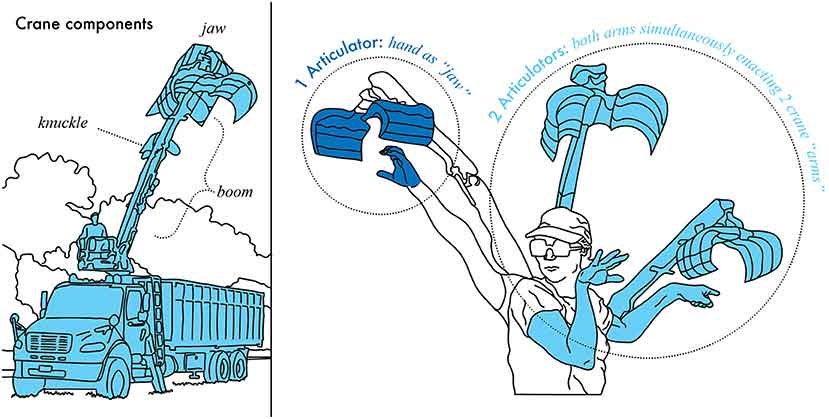Communication Studies Minor
Program Quick Facts
Credits
18
Start Terms
Fall
|Spring
|Summer
Available
On Campus
|Online
Tuition
$8,956.50
estimated cost per semester
Find your voice
Do you want to sharpen your public speaking skills? Do you have a flair for the dramatics? Or want to come out of your shell? A communication studies minor enhances all majors by preparing students to be effective communicators. Students will take courses in argumentation and debate, stagecraft, directing, and oral interpretation of literature. Upon completion of the minor students will be able to communicate in a variety of speaking formats including oral interpretation, persuasion, and impromptu.

The study of communication is an avenue to many research opportunities. For example, Dr. Matthew Ingram, assistant professor of communication, began research into how gestures and body movements aid communication, especially between different groups. There are always discoveries to be made in the world of communication, and we are looking for students who have the drive to make these discoveries.
Career paths
Communication is a critical skill valued by all employers. In fact, it is commonly regarded as one of the most important soft skills an employee can have. This program is designed to support every major so you can gain essential communication skills regardless of your career path.


